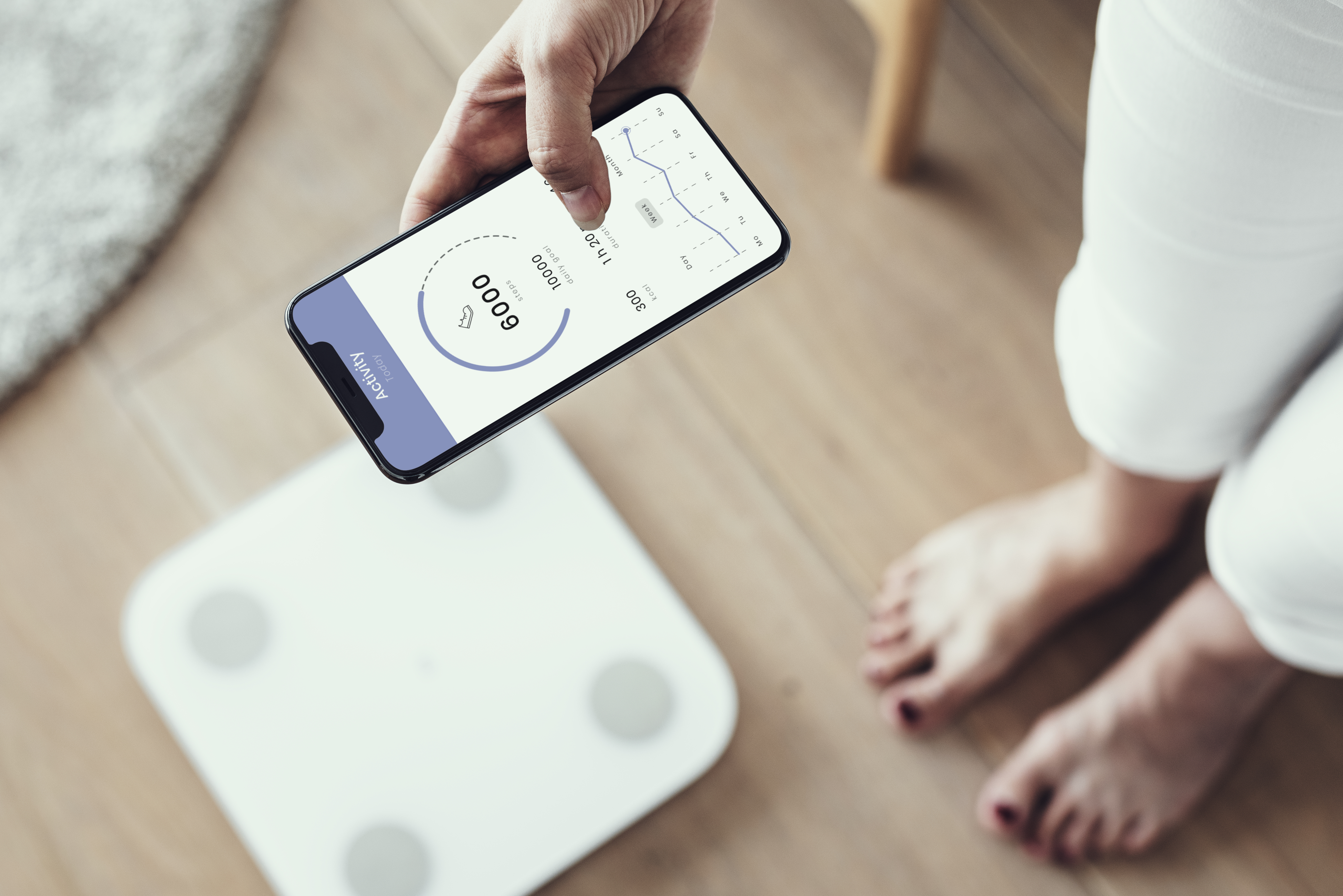Healthy Habits That Unknowingly Raise Blood Pressure
19. Health Data Anxiety: When Tracking Becomes the Stressor

Using wearables and apps to track blood pressure, heart rate, and activity levels empowers proactive health management. However, for some, constant monitoring can morph into obsession and anxiety. Reacting emotionally to every minor fluctuation, worrying excessively about numbers, or feeling stressed by the act of tracking can itself activate the body's stress response, paradoxically elevating blood pressure. It's crucial to use health data as a tool for trends, not a source of minute-by-minute worry. Schedule check-ins, focus on overall lifestyle patterns, and discuss concerns with a doctor rather than self-diagnosing based on isolated readings.
20. Neglecting Social Connection: The Health Cost of Isolation

Prioritizing "me time," intense focus on career goals, or even introverted preferences can sometimes lead to unintentional social isolation. While solitude can be healthy, chronic loneliness or a lack of strong social support is increasingly recognized as a significant risk factor for poor cardiovascular health, including higher blood pressure. Social connections buffer stress, provide emotional support, and encourage healthier behaviors. Even if you value independence, actively nurturing meaningful relationships is a vital, often overlooked, component of maintaining healthy blood pressure and overall well-being.
